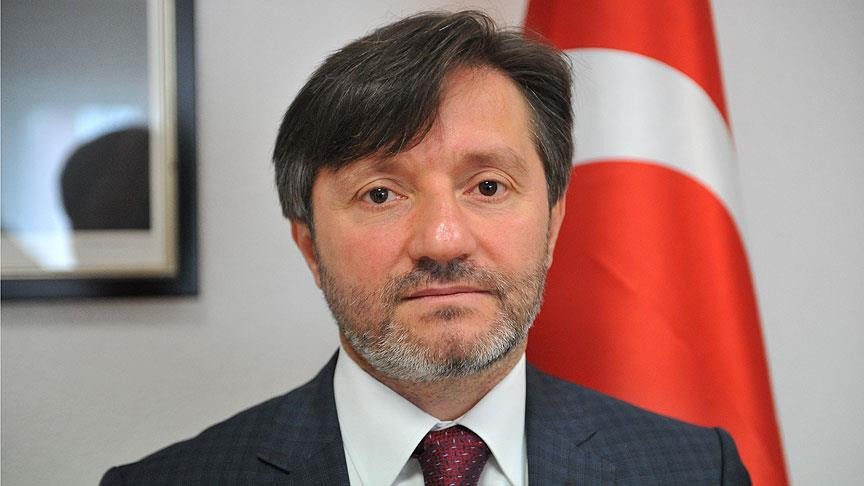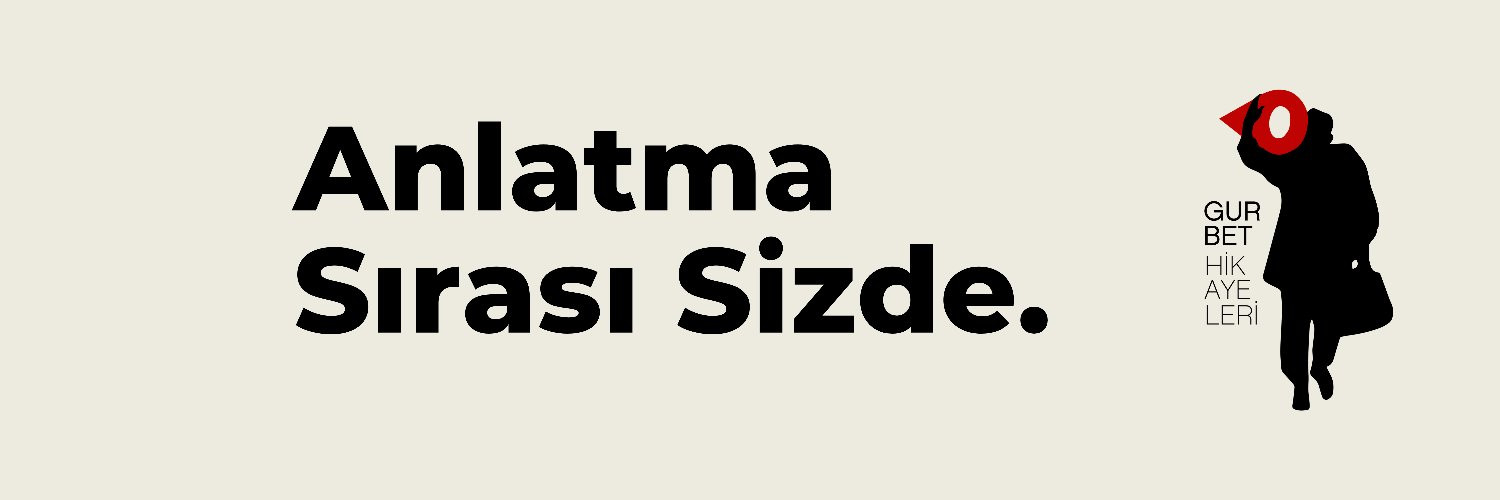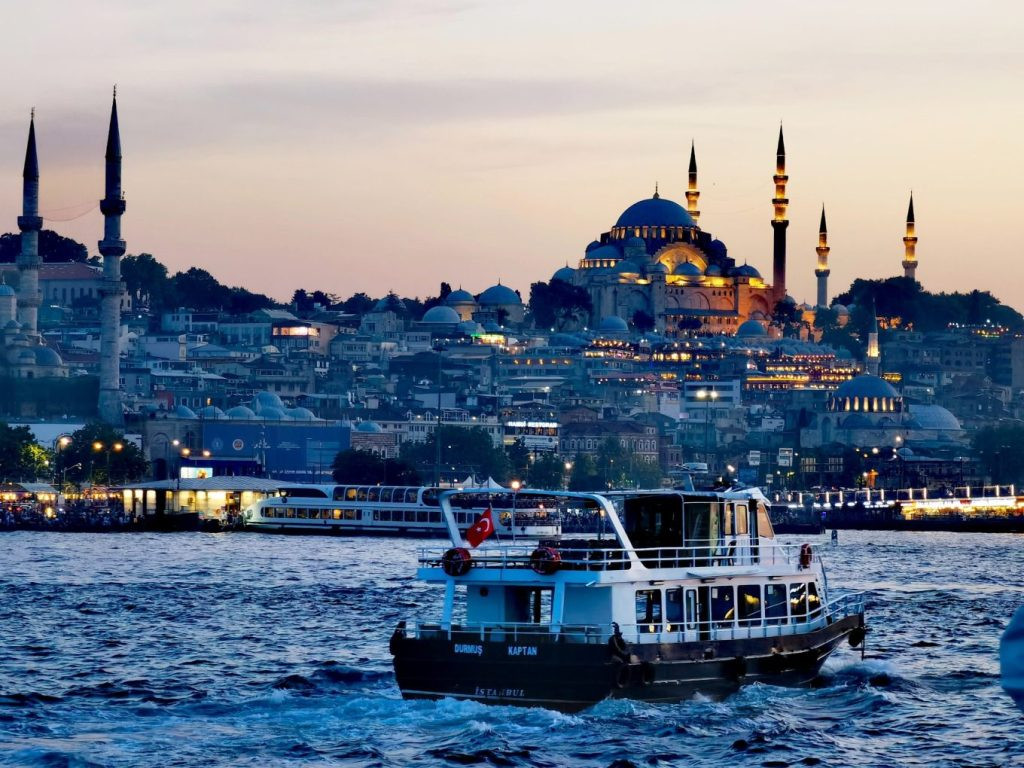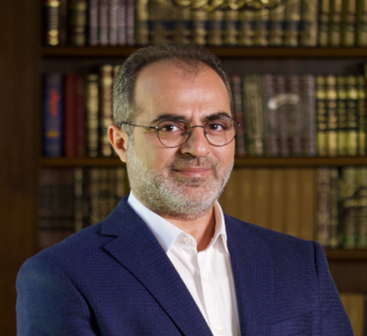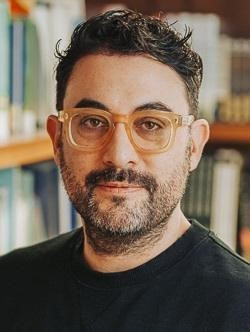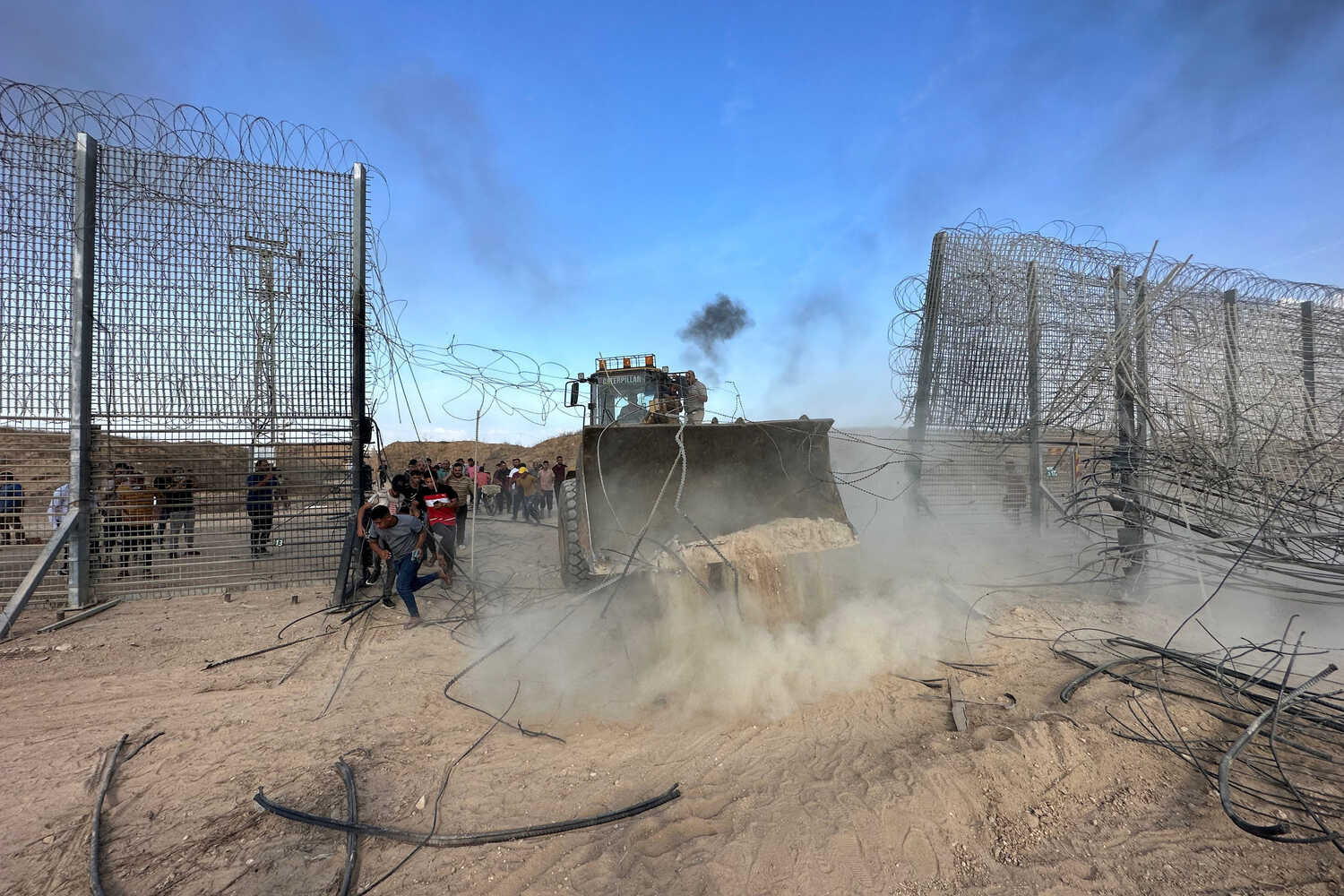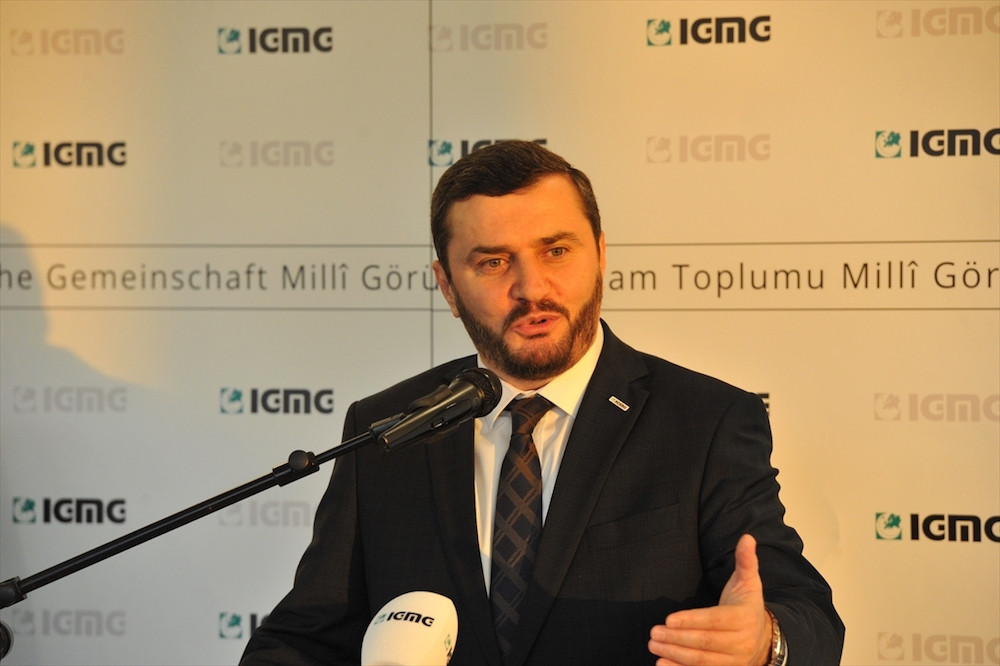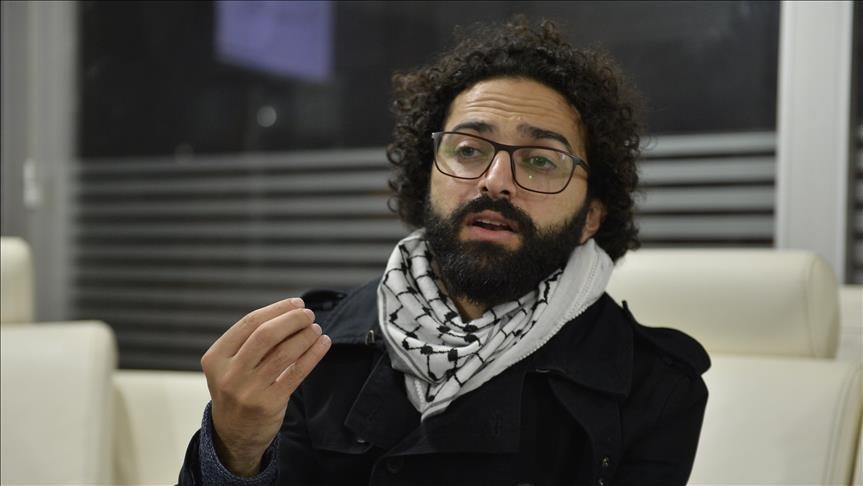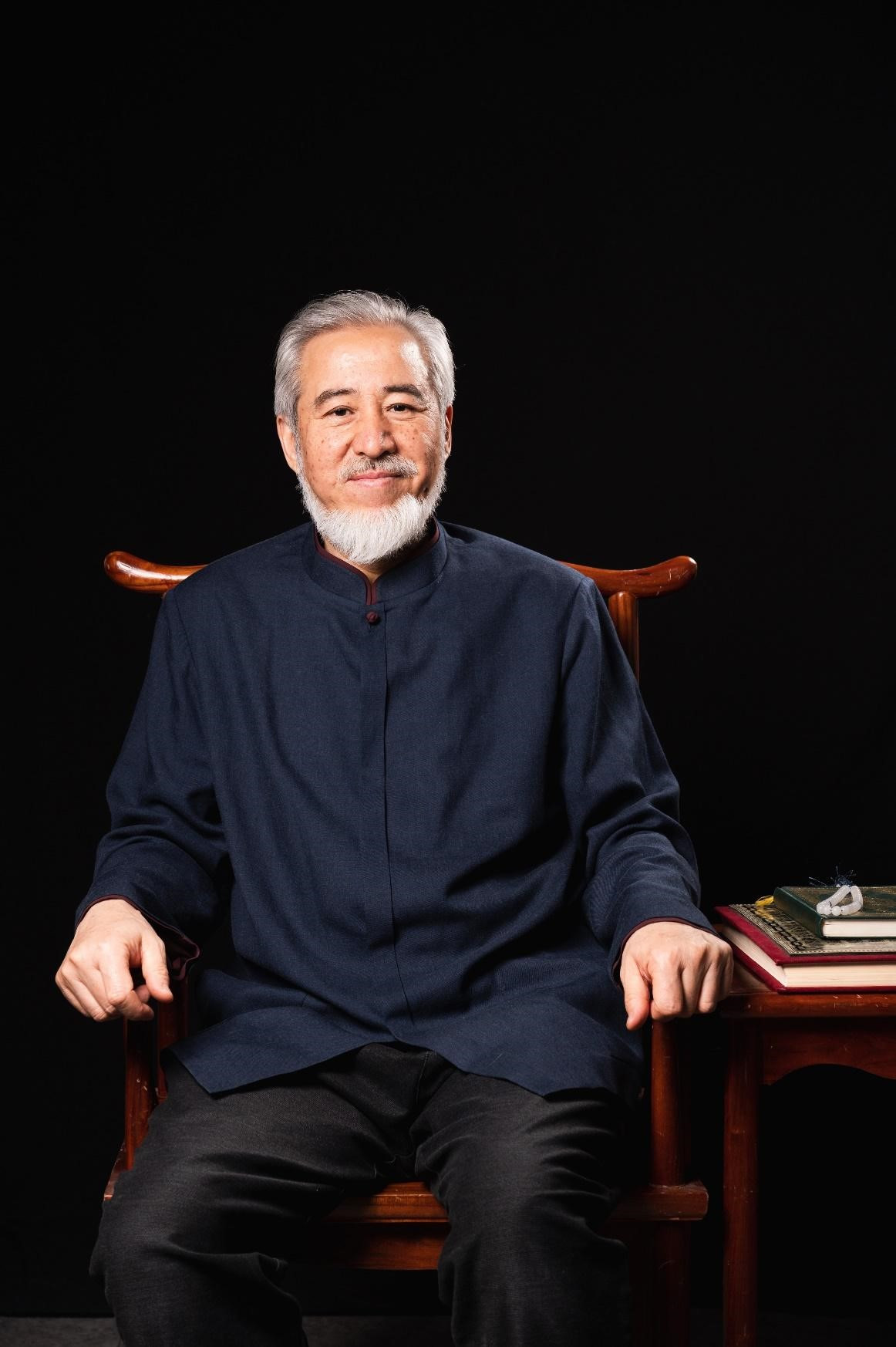
A Calligrapher in China: Haji Noor Deen
First of all, we would like to get to know you briefly. Could you tell us about yourself? How did your interest in the art of calligraphy begin?
In 1997, I became the first Chinese to be awarded the Arabic Calligrapher Certificate in Egypt. In 2000, I started the first regular and systematic Arabic calligraphy course at Zhengzhou Islamic College in China. In 2005, one of my works, "Ninety-Nine Names of Allah", was purchased by the British Museum to be exhibited in the Islamic Art Gallery. In 2017, I was honoured with an Arabic Calligraphy Certificate in Istanbul by master calligraphers Hasan Çelebi, Davut Bektaş, Ferhat Kurlu and Ahmet Koçak. I became the first Chinese calligrapher honoured by the Ottoman Calligraphy School.
Arabic calligraphy is one of the most distinguished calligraphic arts in the world. It is a treasure of art that harbours the cultural essence of Islam. I consider it my duty to popularise and promote this art. I am determined to produce my works in such a way that as many Muslim families as possible can own and display them in their own homes so that more people can recognise and appreciate this art. Inshallah, such works of art will become widespread and will be instrumental in the living of Islam. I dedicate myself, my hands and the mind that Allah Almighty has given me to use them diligently to promote and develop Islamic arts.
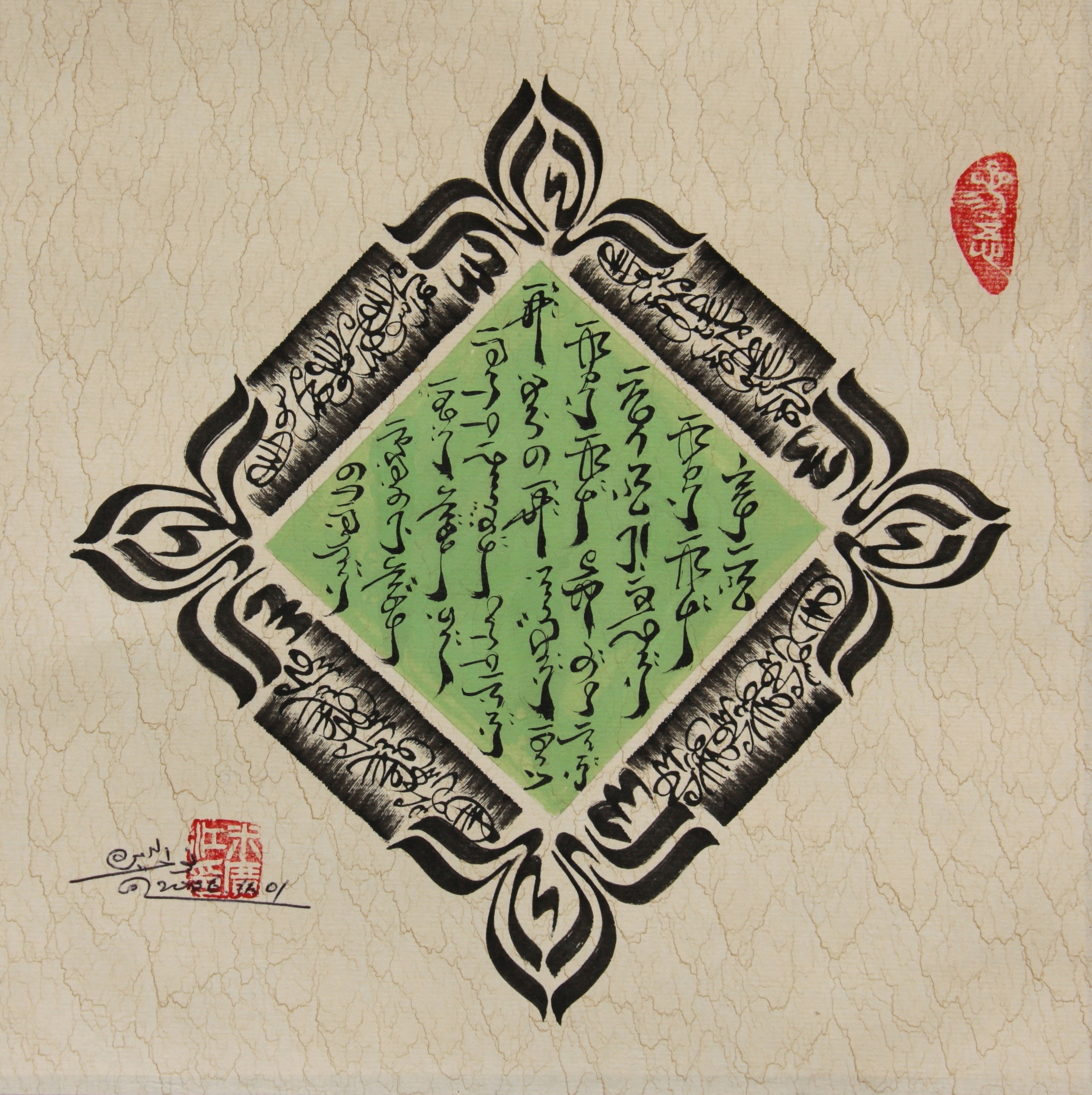
You have produced a new and original genre by synthesising Chinese calligraphy with traditional calligraphy. Does this genre have a special name? Moreover, what are its characteristics?
Yes, I have given this calligraphy a special name: Chinese Arabic calligraphy. The types of Arabic calligraphy in Chinese style are as follows: calligraphy of the Mus’haf (Qur’an) in Chinese style, calligraphy of copies of religious books, wide style calligraphy, portrayal calligraphy, brush style calligraphy, hand illustrated calligraphy, traditional Arabic calligraphy synthesised in Chinese tradition. There are other types, similar to the Musalsal style that can be produced on cloth, iron appliqué drawings, seal engravings, brick, wood, monument carvings, and embroideries, etc.
Traditional Arabic calligraphy is the most representative form of Islamic art in China. Although the individual characters may be of different sizes, the work must be balanced. It must be completed with a single purpose in order to have clarity, rhythm and a three-dimensional feeling. This type of art has its own spirituality.
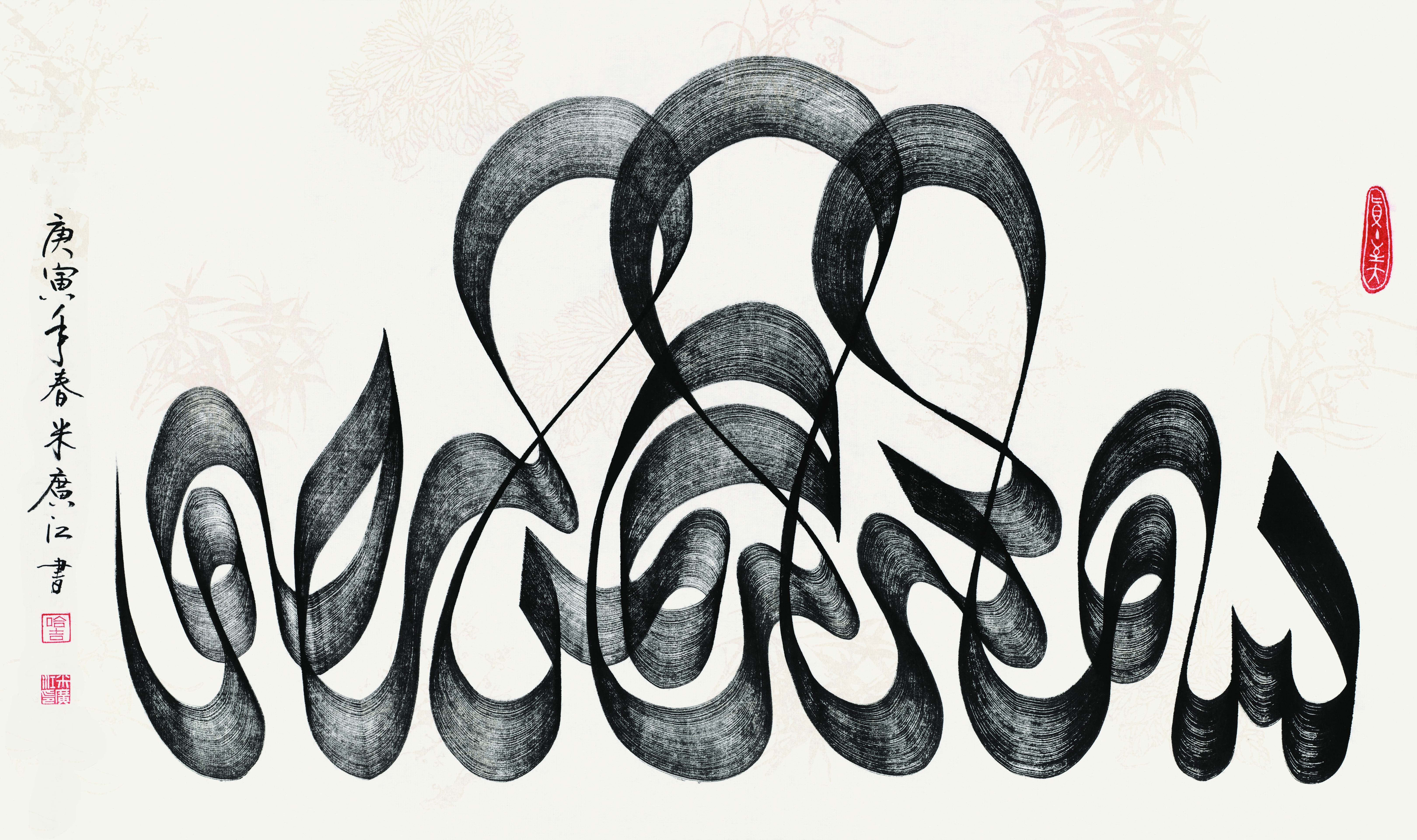
Are there any other practitioners of this art besides you, and is there an interest in this art? Will "Chinese calligraphy" become a tradition in the future?
Yes, there are many Chinese Muslims who know this kind of calligraphy. I have been teaching this calligraphy art among Chinese Muslims for 20 years. Students are very interested in this unique calligraphy art; I have trained nearly 150 calligraphers who have received ijazah (license) for many years. Now, I am teaching international students, and ten international students have also received ijazah.
This calligraphy is a traditional art in China, and now I am striving to popularise and develop its training. I have named this style of calligraphy for the first time and developed a complete teaching method. I have also prepared two books for learning this calligraphic art and developed a teaching method that should play a key role in preserving and developing the heritage of this calligraphy.
Chinese Muslims are very fond of traditional calligraphy. Although the vast majority of Chinese Muslims do not speak Arabic, they still cherish these works of calligraphy because of their love for Islamic art.
